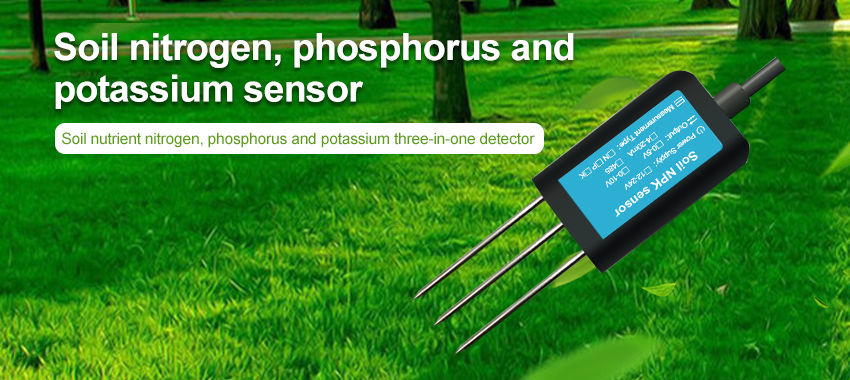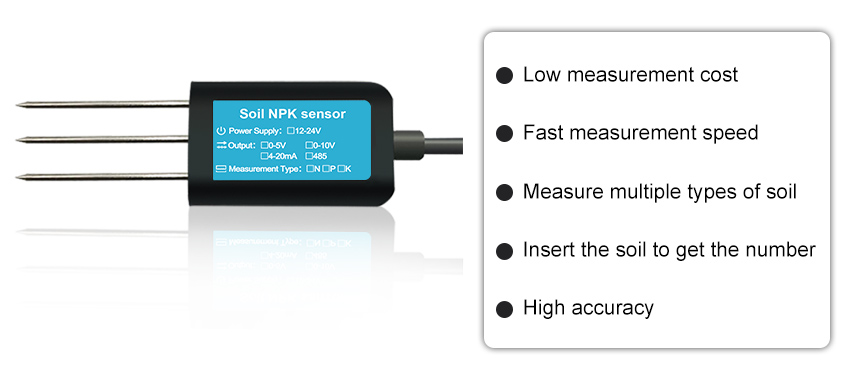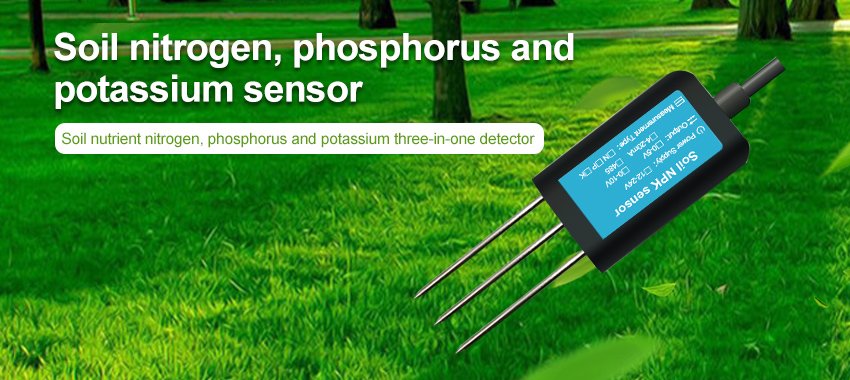In today's rapidly evolving agricultural landscape, precision farming has emerged as a paradigm-shifting approach to crop management. By leveraging advanced technologies such as soil sensor technology, farmers can now optimize crop growth by making data-driven decisions with unprecedented accuracy and efficiency. In this article, we will explore how precision farming, specifically through the utilization of soil sensor technology, is revolutionizing agriculture and driving optimal crop growth.
Understanding Precision Farming:
Precision farming, also known as site-specific farming or precision agriculture, is a farming approach that focuses on optimizing crop management practices based on specific field conditions. It involves analyzing and utilizing data collected from various sources, including soil sensors, to make precise and informed decisions related to irrigation, fertilization, pesticide application, and more. By tailoring these practices to individual areas or even specific parts of a field, farmers can maximize crop yields, minimize resource wastage, and reduce environmental impact.

The Role of Soil Sensor Technology:
Soil sensors play a crucial role in precision farming by providing real-time and accurate data about soil conditions. These sensors are strategically placed at different locations within a field to measure parameters such as soil moisture, temperature, nutrient content, pH levels, and salinity. This data is then transmitted to a central system, which analyzes and interprets the information to guide farmers in their decision-making processes.
Optimizing Irrigation Management:
Water is a precious resource in agriculture, and efficient irrigation management is critical for crop success. Soil sensors enable precise irrigation management by continuously monitoring soil moisture levels. With this data, farmers can determine when and how much water to apply, ensuring that crops receive the appropriate amount of moisture. By avoiding over- or under-irrigation, farmers can prevent water stress or waterlogged conditions, promoting healthy root development and optimizing yield potential.
Tailoring Nutrient Application:
Proper nutrient management is essential for plant growth and development. Soil sensors provide invaluable insights into the nutrient composition of the soil, allowing farmers to tailor fertilizer application accordingly. By analyzing nutrient data collected by the soil sensors, farmers can determine the exact nutrient requirements of their crops. This information enables them to apply fertilizers in precise quantities and ratios, ensuring optimal nutrient uptake while minimizing waste and reducing the risk of environmental pollution.
Detecting Soil Anomalies:
Soil sensors enable early detection of soil anomalies that may affect crop growth. Through continuous monitoring, these sensors can identify issues such as soil salinity, pH imbalances, or the presence of harmful substances. Timely detection allows farmers to take corrective measures promptly, preventing damage to crops. For example, if a soil sensor detects high salinity levels, farmers can implement appropriate soil leaching techniques to restore soil health and prevent yield losses.

Data-Driven Decision-Making:
One of the significant advantages of soil sensor technology in precision farming is data-driven decision-making. The data collected from soil sensors can be combined with other relevant data sets, such as weather forecasts and historical crop performance, to generate actionable insights. Farmers can utilize advanced analytics tools to analyze this data and make informed decisions related to planting schedules, disease management, pest control, and more. This data-driven approach minimizes guesswork, optimizes resource allocation, and improves overall farm efficiency and profitability.
Environmental Sustainability:
Precision farming, facilitated by soil sensor technology, promotes environmental sustainability in several ways. By optimizing irrigation and nutrient application, farmers can reduce water consumption and minimize chemical inputs, resulting in reduced water pollution and improved water quality. Furthermore, targeted practices made possible by soil sensors help preserve soil health and fertility, reducing soil erosion and nutrient runoff. By minimizing resource wastage, precision farming contributes to a more sustainable agricultural system.
Conclusion:
Precision farming, powered by soil sensor technology, is transforming agriculture and paving the way for optimal crop growth. By harnessing the power of real-time data and analytics, farmers can make informed decisions related to irrigation, nutrient management, and other critical aspects of crop production. Through precision farming practices, resource utilization is optimized, crop yields are maximized, and environmental impact is minimized. As technology continues to advance,







